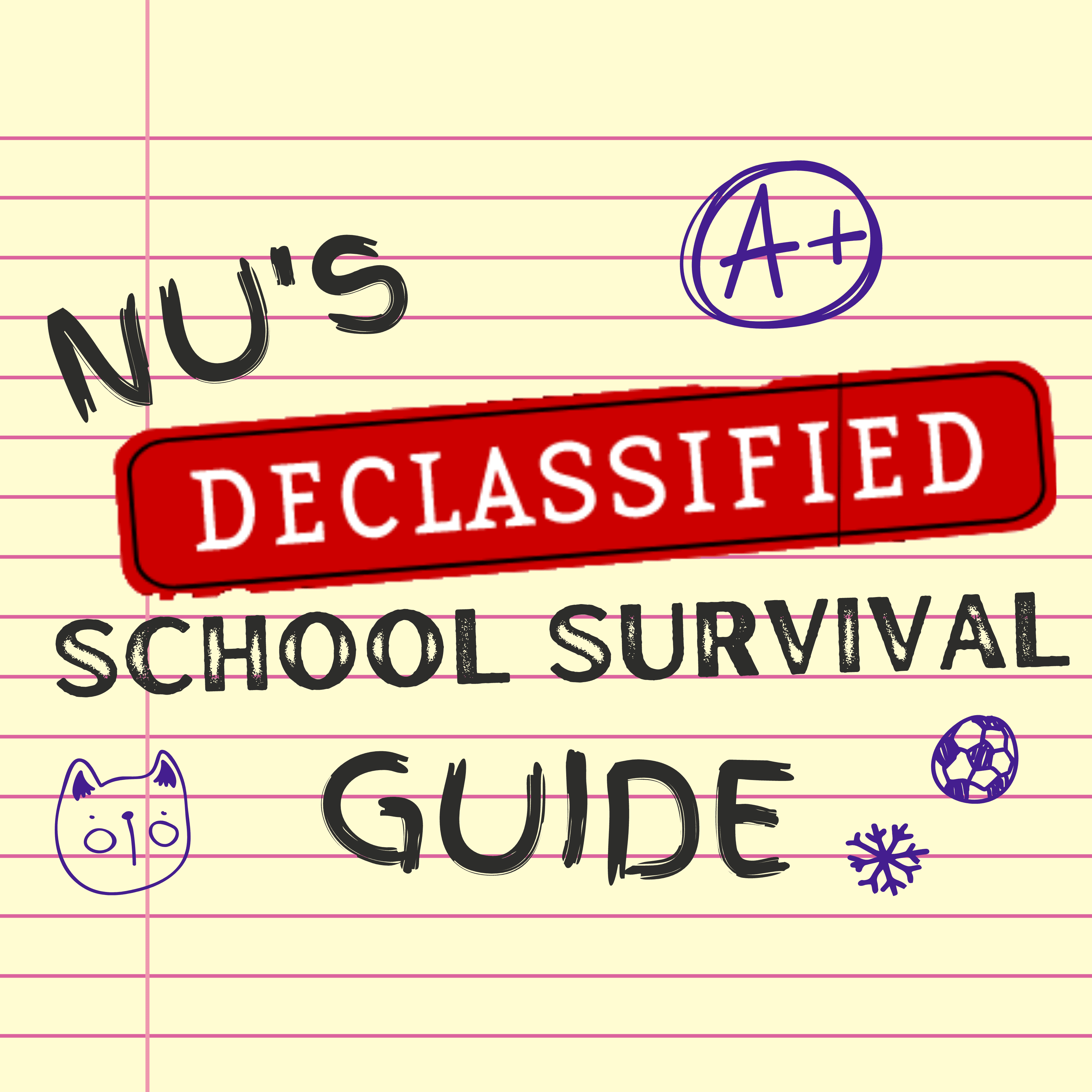View Full Transcript
Episode Transcript
Speaker 1 00:00:08 The Supreme court heard oral arguments Wednesday on what legal scholars considered to be the most substantial challenge yet to the landmark Roe V. Wade case. The decision that prohibited states from outright banning abortion services, Mississippi law, that bans almost all abortions after 15 weeks of pregnancy with no exceptions for rape or incest was blocked by a federal district judge for contradicting court precedent.
Speaker 2 00:00:35 I think a lot of people are very worried for the future of Roe and Casey, are you worried? Yes.
Speaker 1 00:00:40 Joanna Gris. Ginger is the director of the legal studies department at Northwestern university. So how restrictive can states abortion law get before it's unconstitutional?
Speaker 2 00:00:51 Well, ultimately unconstitutional is whatever the Supreme court says right under the existing precedents of the Supreme court states may not entirely ban abortion.
Speaker 1 00:01:01 And the 1973 case of Roe V Wade, the Supreme court ruled that a woman's constitutional right of privacy encompasses a woman's decision, whether or not to terminate her pregnancy. Following Roe in 1992, the court decided in planned parenthood V Casey, that a state may not impose an undue burden on a woman's ability to terminate a pregnancy.
Speaker 2 00:01:22 It was undo what is the burden? So suggesting that they can impose a burden. It just can't be an undue burden.
Speaker 1 00:01:28 Chris ginger says the ambiguity embedded within the court's decisions on abortion law allows states like Mississippi to pass restrictive statutes.
Speaker 2 00:01:37 The focus of states trying to, um, limit abortion were through, um, a variety of laws, trying to really test the boundaries of what made something an undue burden on a board.
Speaker 1 00:01:48 Texas took an unprecedented approach. Its new law allows private citizens to Sue people who have aided or abetted patients that have received an abortion after six weeks of pregnancy that's before most women know they're pregnant. Governor Greg Abbott signed the bill into law in may,
Speaker 3 00:02:04 Every unborn child who have the heartbeat will be saved from the ravages of abortion.
Speaker 1 00:02:10 The Supreme court heard the case in November after a federal judge ordered Texas to suspend the law. Here's what justice Sonia Sotomayor had to say.
Speaker 4 00:02:19 You know, usually in these chilling effect cases, we're kind of guessing why this would sort of chill me. Um, here, we're not guessing we know exactly what has happened as a result of this law. It has chilled everybody on the
Speaker 1 00:02:32 Senior director of public policy at planned parenthood, Illinois action, Bridget Lahey helps women traveling across state lines to receive an abortion.
Speaker 5 00:02:41 This completely wrong that an entire state would cut off access to this fundamental and important reproductive health
Speaker 1 00:02:50 Lay. He says just days after the Texas ban went into effect, planned parenthood of Illinois saw a 30% increase in the number of out-of-state. We
Speaker 5 00:02:59 Cannot forget the people who are unable to make it to the state and we have to stand up for them and work to make sure that everyone has their rights respected and that your rights do not depend on your zip code
Speaker 1 00:03:12 While Skoda's considers the Texas and Mississippi laws. The state of Illinois is in the midst of its own abortion debate. Late last month, the state legislature voted to repeal the parental notice of abortion act. The statute was passed by a Republican controlled legislature in 1995, democratic lawmakers, including representative Jennifer who had spearheaded their appeal, which governor JB Pritzker is expected to sign
Speaker 6 00:03:37 You seeking to get around parental notification are not coming from the ideal healthy situations that we would hope for all of our children,
Speaker 1 00:03:47 Illinois, parental notification law requires healthcare providers to notify an adult family member prior to performing an abortion on a minor. If the child chooses not to notify their parents, they're required to receive permission from a judge in court.
Speaker 5 00:04:01 That is a place that no one should be forced to go to when they are seeking health care
Speaker 1 00:04:07 Republican state, Senator Jill Tracy voted with every other Republican in the chamber to
Speaker 7 00:04:12 Hold the law. But doesn't it seem illogical. As I said last week, illogical that we think that going under a ma major medical procedures, such as an abortion, shouldn't be given a chance to have the parents involved in that decision, or at least be notified that it's going to be happy
Speaker 5 00:04:32 When a young person becomes pregnant in the state of Illinois, they are able to make all their own healthcare decisions. The only time that the law in Illinois requires parents to be involved is when it comes to the decision about abortion.
Speaker 1 00:04:53 Ginger expects the Supreme court's decision on the Texas case. As early as this month with
Speaker 8 00:04:58 The new 63 conservative majority, has the likelihood increased. Do you think of overturning Roe V. Wade? What kind of effect do you think that new ratio will have on this case?
Speaker 2 00:05:13 I mean, I, you know, all attempts to predict the Supreme court or on some level, you know, just, uh, staring into a crystal ball. Well, what
Speaker 8 00:05:19 Do you think based on your studies
Speaker 2 00:05:21 Of these cases? Um, I will say I, I think it's anytime the Supreme court even takes a case, there's a real signaling aspect to that. Right? What the Supreme court gets is offered lots of cases. It could grant cert to every, um, every term. So why is it taking a particular case? Um, it seems more likely to everyone. Who's sort of trying to figure out what the court is going to do that they're taking it because they do want to engage with the question of abortion, the right to privacy, what that all looks like
Speaker 1 00:05:50 The Supreme court ruling on the Mississippi case won't be released until June 20, 22, right in the heat of midterm congressional elections for WMUR news. I'm Angelina camp. Anneal.




